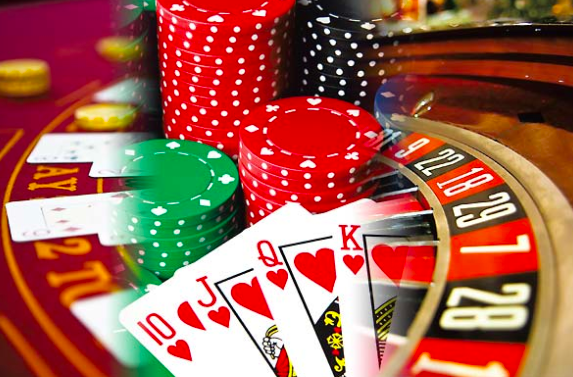Gambling Addiction Treatment
Gambling addiction treatment focuses on helping the person stop gambling and
learn other ways to deal with life’s challenges judi slot online terbaru malaysia. This may include finding a hobby,
spending more time with family and friends or using coping skills to overcome
stress. It also involves learning how to handle money issues and repairing
relationships that have been damaged by the gambling habit. A variety of
treatments are available, including inpatient and residential care.

The most effective treatment for pathological gambling is probably cognitive-
behavioral therapy (CBT). This consists of education and practice in relapse
prevention, goal setting and coping strategies judi slot online terbaru malaysia. A number of CBT studies have been
conducted with varying results. Some studies have involved group sessions and
others individual sessions. In some cases, the use of medications has been added to
the treatment plan. Antidepressants, for example, have been found to reduce the
urge to gamble among people who are depressed. However, there is no evidence
that this type of medication can treat the underlying depression itself.
It is important to remember that gambling disorder and mood disorders commonly
co-occur. This is known as dual diagnosis. For this reason, any treatment strategy for
gambling problems should be designed to be inclusive of other mental health
conditions. Medications for other disorders may be used to help control the urge to
gamble. For instance, naltrexone, which is often prescribed to people with substance
abuse disorders, has been shown to decrease the desire to gamble in some
individuals.

Another effective strategy is to identify and cope with high-risk situations that can
trigger relapse. These can include environmental settings, such as casinos and
lottery outlets; intrapersonal discomfort, such as anger, boredom, depression or
stress; and interpersonal difficulties, including financial issues, marriage, work and
family. A number of relapse prevention interventions have been developed to
address these issues, including an inventory of gambling risk situations; motivational
enhancement and resistance reduction techniques; and short-term therapist-
delivered behavioral activation treatments.
Changing one’s attitude toward gambling can also help. The turning point is usually
when the person realizes that the cost of gambling exceeds its benefits. During this
phase, the addicted person may start asking for help.
A good place to start is with a call to a gambling helpline. These are free and can
provide information about treatment options. They can also help locate a specialized
counseling program for gambling addiction.
Outpatient treatment programs are the most common for treating gambling
addiction. These programs allow the person to continue living at home while
attending classes and one-on-one sessions. Other options include Gamblers
Anonymous or other 12-step programs, which follow the same model as Alcoholics
Anonymous and can be helpful in building a support network for recovering
gambling addicts.
